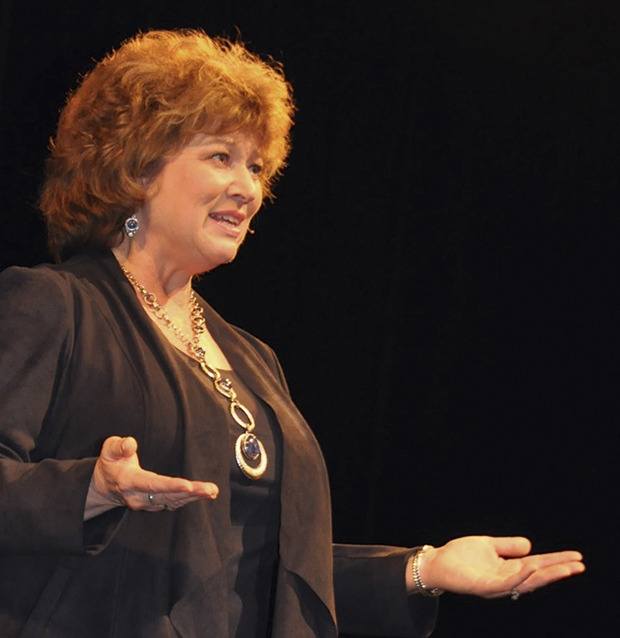For the Reporter
Healthy Auburn for Life. That’s the vision of the new Blue Ribbon Committee of Auburn assigned to making Auburn the healthiest city in Washington by 2020.
Alarmed by a recent King County report that gave Auburn a poor checkup, City officials have called for a plan of action.
A committee has been formed with representatives from all sectors of the city and given this goal: make Auburn the Healthiest City in Washington by 2020. Its mission is to optimize the health and well being of all residents through education, participation and innovation.
Efforts for the initiative began last year when Mayor Nancy Backus reviewed new data on the health of Auburn residents in the 2015-16 King County Community Health Needs Assessment. According to the assessment, Auburn was the most negatively impacted community in regards to health, housing and economic opportunity measures.
Most concerning was that South King County showed life expectancies 13 years shorter than other areas of the county while having the highest percentages of mental health distress, adverse childhood experiences, smoking, obesity, diabetes, low income and unemployment.
Of the nine major health issues the committee identified, three have been chosen as a primary first focus to analyze and develop plans for improvement: obesity in adults and children; maternal and child health; and behavioral/mental health, stress and substance abuse (including tobacco use).
“It’s more than just the hospitals and clinics that make us healthy. That is only 20 percent of the overall health indicators of a community,” Backus said. “There are also socioeconomic factors such as income, education, unemployment and community safety (40 percent); health behaviors such as smoking, tobacco use, alcohol and drug use, diet and exercise (30 percent) and our physical environment (10 percent). We cannot continue to ignore these issues or bury our heads.”
A summary of community health needs assessments of the Auburn area identified nine major health issues:
• Prevention and treatment of chronic disease
• Tobacco prevention and cessation
• Obesity in adults and children
• Behavioral and mental health, stress and substance abuse
• Special populations like homeless, aging or military
• Access to health care quality, insurance costs, and primary care
• Maternal child health
• Cultural diversity, quality, care, communications circumstances
• Violence and injury prevention
Backus said that Bill Robertson, president and CEO of MultiCare Health System, has signed an agreement with the City as the clinical partner with total commitment of the program. Seven major stakeholders, including the Auburn School District, Muckleshoot Indian Tribe, Green River College, Valley Cities Mental Health, Auburn Valley YMCA, HealthPoint and Seattle-King County Public Health-Auburn have also signed on.
“In this difficult environment and with the complex issues facing Auburn, success will only be achieved if we collaborate with our community leaders,” Backus emphasized. “In Auburn we are so fortunate to have people who care.”


